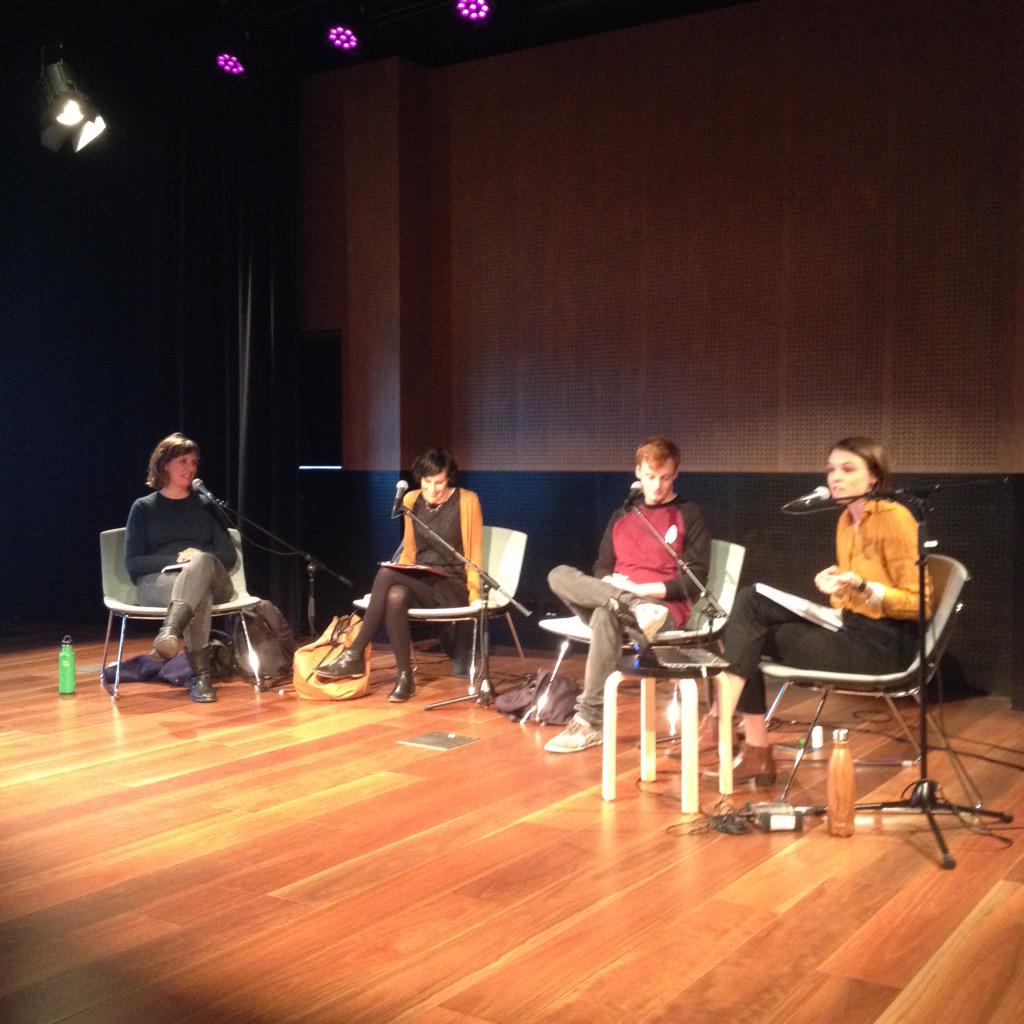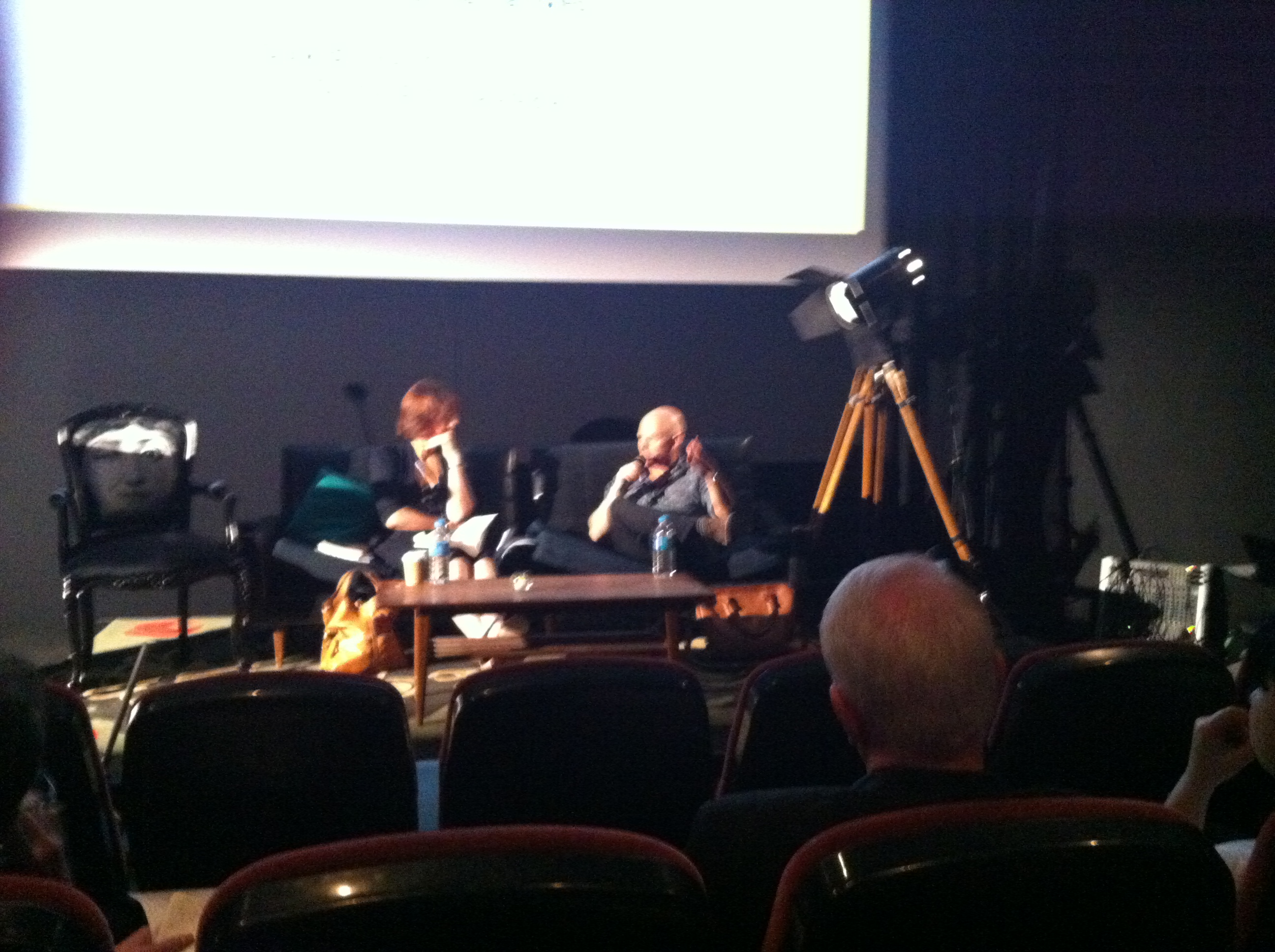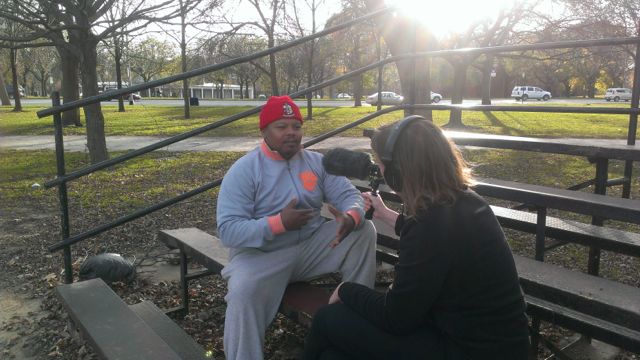I’m super excited to be working on a new project Audiocraft, a conference for Australian radiomakers and podcasters that’s happening on March 5th.
Audiocraft will be a day for producers to come together and talk, listen and learn about making great stories with sound. We have a stellar line up of presenters who’ll be leading workshops and panel discussions on narrative techniques, podcasting, sound design and collaborative storytelling.
It’s about building a stronger community of content makers and talking about all the nerdy stuff, and I can’t wait!
Audiocraft is an idea that’s been brewing for a while. When I went to the Third Coast International Audio Festival in 2014 I was blown away by being in a room of 500 radio folk who shared the same passion for telling stories with sound. I also realised that we don’t have anything like it in Australia, so something had to be done.
Over the last months I’ve been working with a group of absolute legends to make it happen. Here’s a few us being geeks and paying tribute to our trail blazing heroes at Third Coast.
The response to Audiocraft so far has been amazing. We sold out of our tickets 2 months before the conference date and so many people have come forward to offer their support. I think there’s a real desire for people to come together in this way. It’s an exciting time to be making audio, but it can also be a lonely gig, and there are a lot of big questions about the future of podcasting and radio broadcast that haven’t really been answered. So hopefully we can talk through some of these issues, build some great networks, and inspire creative collaborations!





